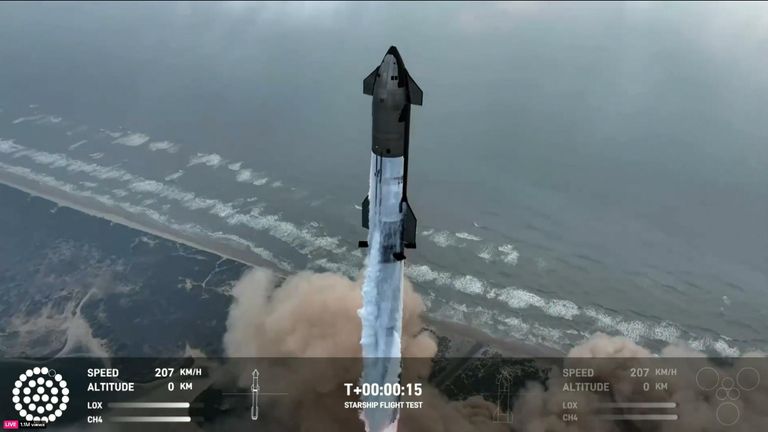Scientists are warning people to "be alert" as bird flu continues to adapt and change.
This is because the pathogenic avian influenza (HPAI) has just crossed a new frontier, a new study reported. It is spreading among marine mammals in an unprecedented outbreak that has killed thousands of elephant seals. This development raises concerns about the virus's adaptability and potential implications for human health.
The outbreak of H5N1, a variant of avian influenza, began at the Península Valdés in Argentina in October 2023, with scientists from UC Davis and the National Institute of Agricultural Technology (INTA) observing a significant rise in elephant seal deaths. The researchers identified approximately 17,000 seal pups dead from the virus, marking the first known transnational transmission of HPAI among mammals.
To reach the findings, the study authors used genomic analysis to reveal that the H5N1 virus has separated into distinct avian and marine mammal clades, a development that is unprecedented. Researchers found identical mutations in the viruses from both marine mammals and birds, suggesting the virus has adapted specifically for transmission among mammals.
"This is increased evidence that we should be alert, especially for marine mammals," Marcela Uhart, a veterinarian with UC Davis's Karen C. Drayer Wildlife Health Center and co-author of the study said in a statement. "The more it adapts to mammals, the more important it becomes for humans."
The H5N1 variant, which predominately affects birds, has shown a worrying ability to adapt to mammalian hosts. The virus first made global headlines in 2020, causing significant mortality among seabirds in Europe before spreading to South Africa. By 2022, it had reached the Americas, with cases reported in the U.S., Canada, and later, South America.
The virus was detected in Argentina's poultry in early 2023, but it was not until August that marine mammals began showing symptoms, the study reported.
"Influenza viruses commonly mutate and exchange gene segments, enabling them to adapt to new hosts," virologist and co-leading author Agustina Rimondi of INTA said in a statement. "This virus is capable of adapting to mammals, as we can see from the mutations that are consistently found in the viruses belonging to the mammalian clade" .
The study's authors stressed the importance of continued research into the situation, in order to understand the potential consequences of this virus on human health, as well as wildlife. The fact that the virus has adapted to marine mammals and retains the ability to infect birds is particularly concerning, as it indicates a high level of evolutionary flexibility.
"The more this virus spreads among different mammal species, the greater the risk of it acquiring mutations that could enable human transmission," Martha Nelson of the National Institutes of Health, one of the study's co-authors said in a statement.
"Frequent interactions between sea lions and scavenging by seagulls likely facilitated the spread of the virus," Uhart added. "This, coupled with the high density of the affected colonies, created a perfect storm for the virus to spread rapidly."
Do you have a tip on a science story that Newsweek should be covering? Do you have a question about bird flu? Let us know via science@newsweek.com.
Disclaimer: The copyright of this article belongs to the original author. Reposting this article is solely for the purpose of information dissemination and does not constitute any investment advice. If there is any infringement, please contact us immediately. We will make corrections or deletions as necessary. Thank you.



